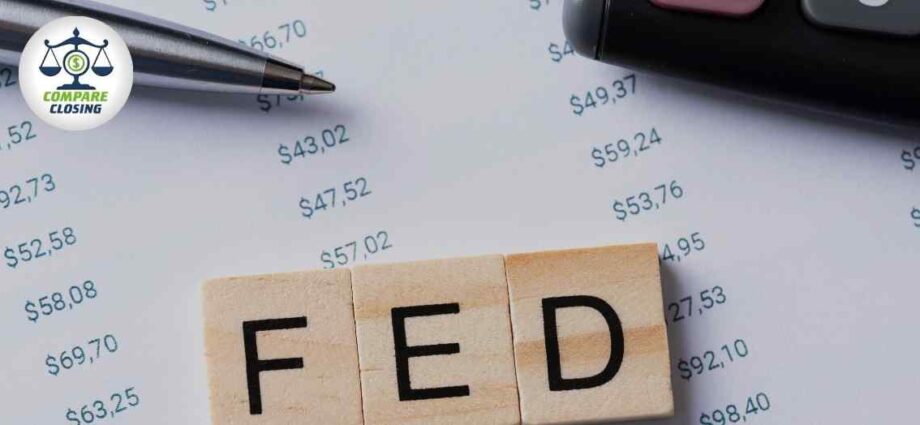Warning: Undefined variable $custom_content in /home4/comcompare/public_html/mortgagenews/wp-content/plugins/code-snippets/php/snippet-ops.php(582) : eval()'d code on line 10
Latest posts by Amanda Byford (see all)

Since the beginning of the coronavirus pandemic the mortgage rates in the U.S., have been historically low. and they’re likely to remain low, at least for a while suggests the Federal Reserve’s Open Market Committee (FOMC).
The reason behind this suggestion by the Feds is, that the central bank isn’t ready to shift its monetary policy yet.
Most experts think that this change will come first in the form of tapering, which means slowing the pace at which it buys assets like bonds on the open market.
By buying up financial assets in the open market the Fed influences economic conditions in the early stage.
Those purchases, or lack of them, all influence how much banks and other lenders charge on personal financial products like mortgages.
With economic uncertainty high due to the Covid pandemic, the Fed has been on a buying spree, securing billions of dollars in assets like mortgage bonds.
As the recovery picks up momentum, the Fed would be less inclined to keep injecting money into the economy, as it can push inflation higher, which results in the consumer, having less buying power.
Slowing down the rate of government asset purchases, to a point till it reaches zero, is known as tapering.
How do the mortgage rates get affected by the Fed’s tapering?
Greg McBride, Bankrate’s chief financial analyst, said that though the pace of bond purchases by the Federal Reserve might seem to affect mortgage rates.
There are a number of variables responsible for the timing and magnitude of the tapering.
He added, a slower, and delayed taper will encourage mortgage rates to stay down, and a faster, sooner one will push them up more quickly.
The most recent FOMC minutes signals that the Fed isn’t ready to rise its taper yet, so mortgage rates are likely to stay low for some more time.
Depending on how the economy evolves it could all change during this year.
The Fed has been protecting the U.S. economy from economic uncertainty during the pandemic through policies that helped borrowing at a lower rate.
The Fed will reverse those policies as recovery data comes in, to encourage more “normal” economic activity.
Meanwhile, now is a great time to consider a refi because these low mortgage rates will soon be history.
The chief economist at the National Association of Realtors Lawrence Yun was quoted telling Bankrate that he expects interest on mortgages to average about 3.5 percent by the end of this year.
Reference Source: Bankrate
© All Right Reserved. 2022 | Compare Closing LLC | NMLS 1854416